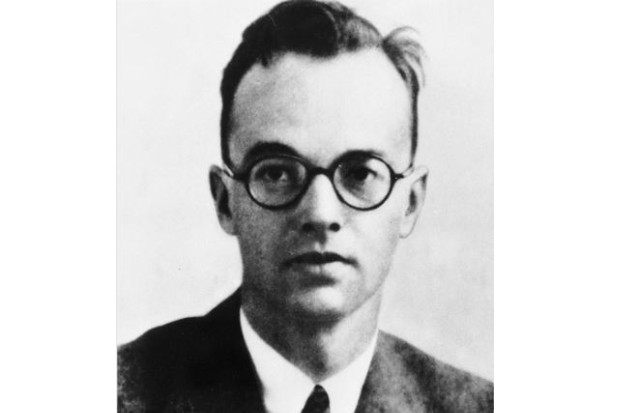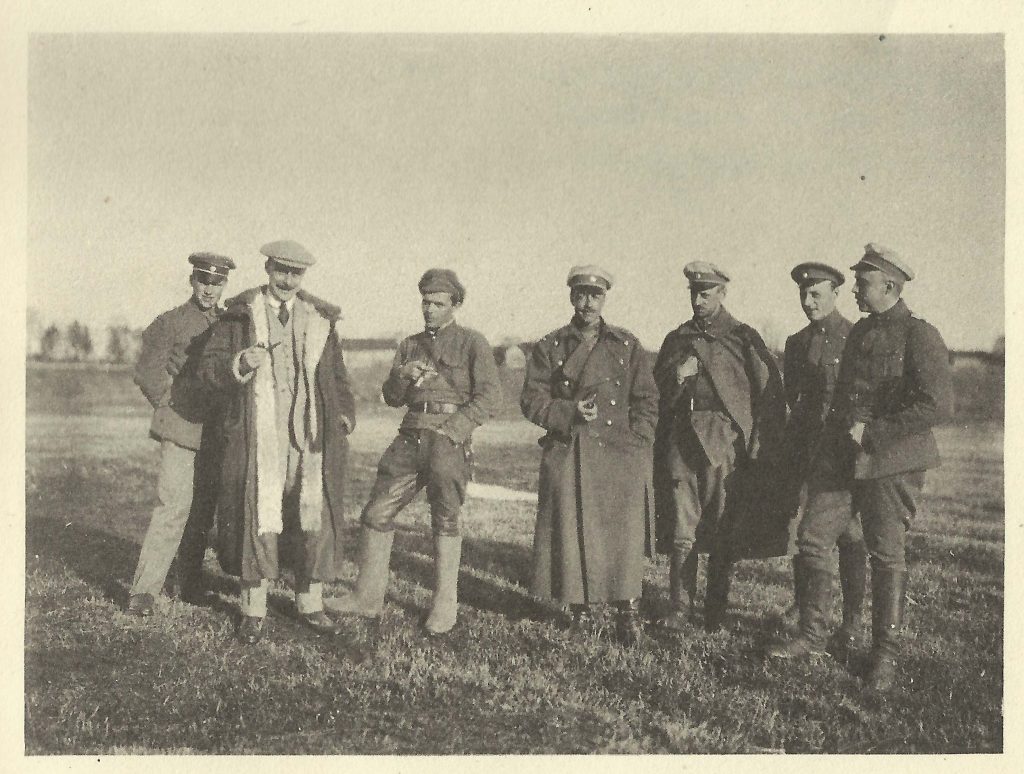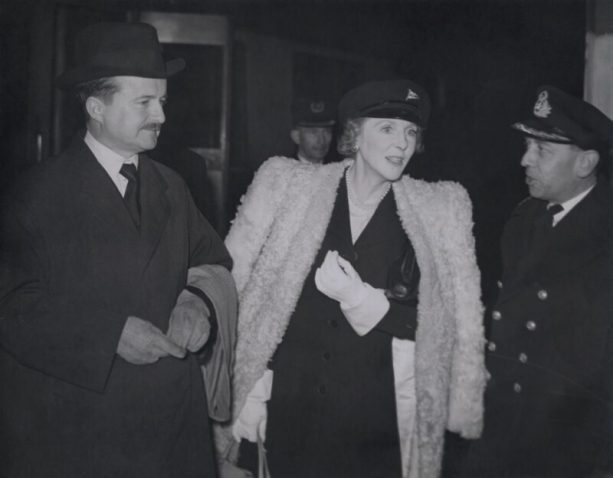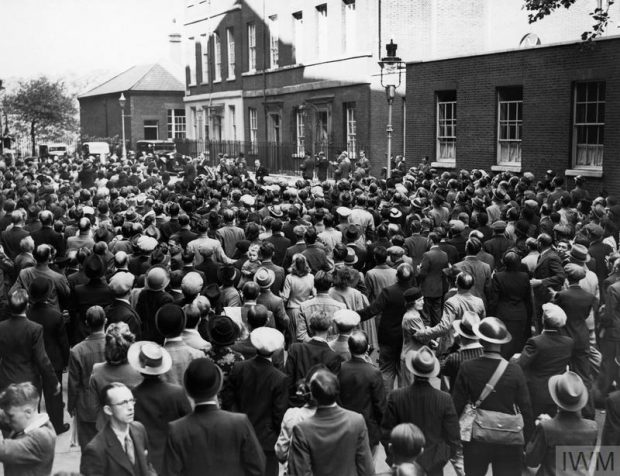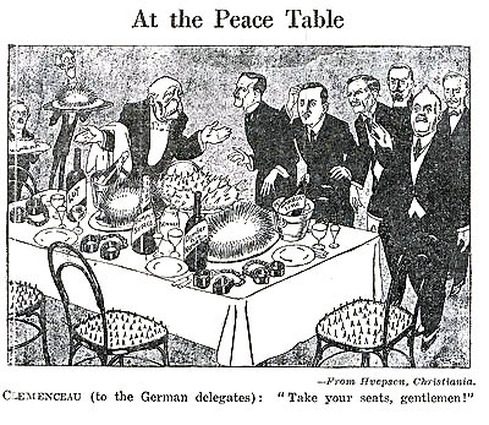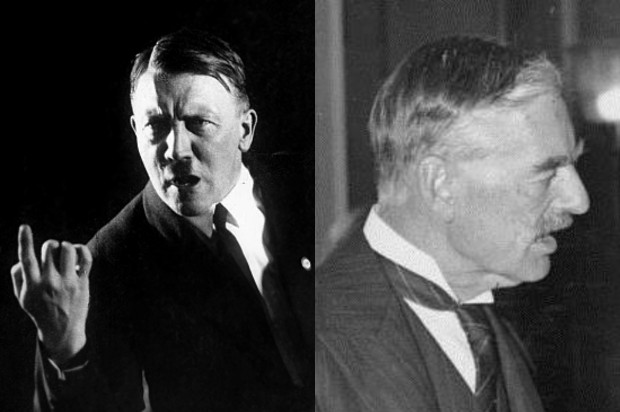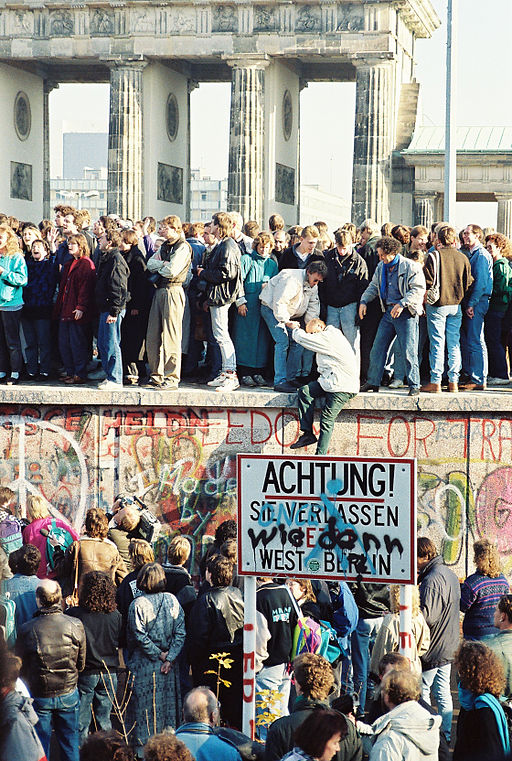The conviction of atomic scientist Klaus Fuchs on 1 March 1950 for spying for the Soviet Union put a strain on Anglo-American nuclear co-operation, in the context of a broader divergence of views on foreign policy priorities.
Harold Alexander may be associated with Italy in the Second World War, but his actions in Latvia in 1919 potentially prevented a civil war.
On 13 September 1944 a Dakota aircraft, with an escort of 45 Spitfires, flew across the English Channel towards Paris. The plane carried the new British Ambassador to France, Alfred ‘Duff’ Cooper, with the mission to re-establish a British presence in the newly liberated French capital.
With a flurry of diplomatic activity in the first 3 days of September 1939, was the Second World War inevitable?
German anger at the Treaty of Versailles between the wars is well known. Hitler, in his rise to power, exploited this deep resentment. So how did such a contentious document come into existence and why was it signed?
On 31 March 1939 Neville Chamberlain committed Britain to defending Polish independence. After years of trying to preserve peace and buy time for rearmament, he recognised that international developments and domestic opinion meant this guarantee was necessary, though it was to mean war with Germany 6 months later.
...Soviet bloc countries to travel freely to the West. They were followed by the special trains which took East Germans through their own country from Prague to the Federal Republic,...
